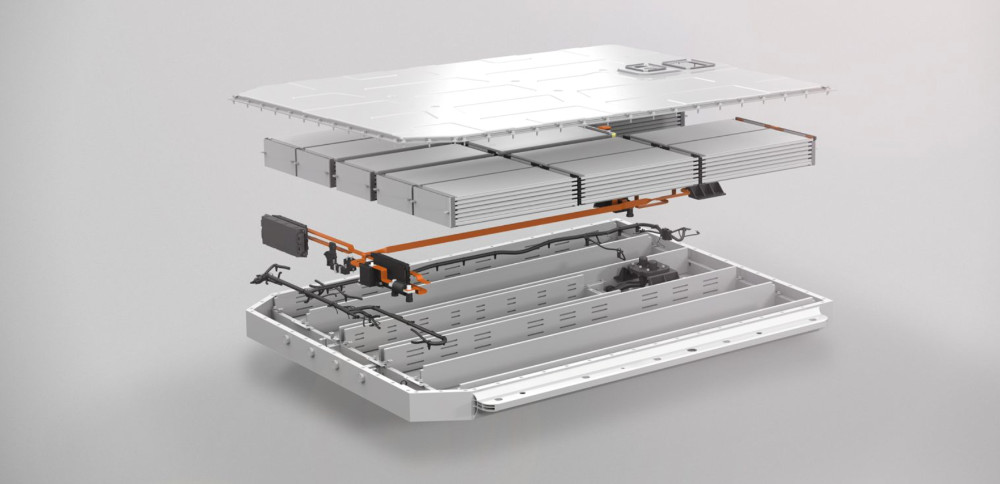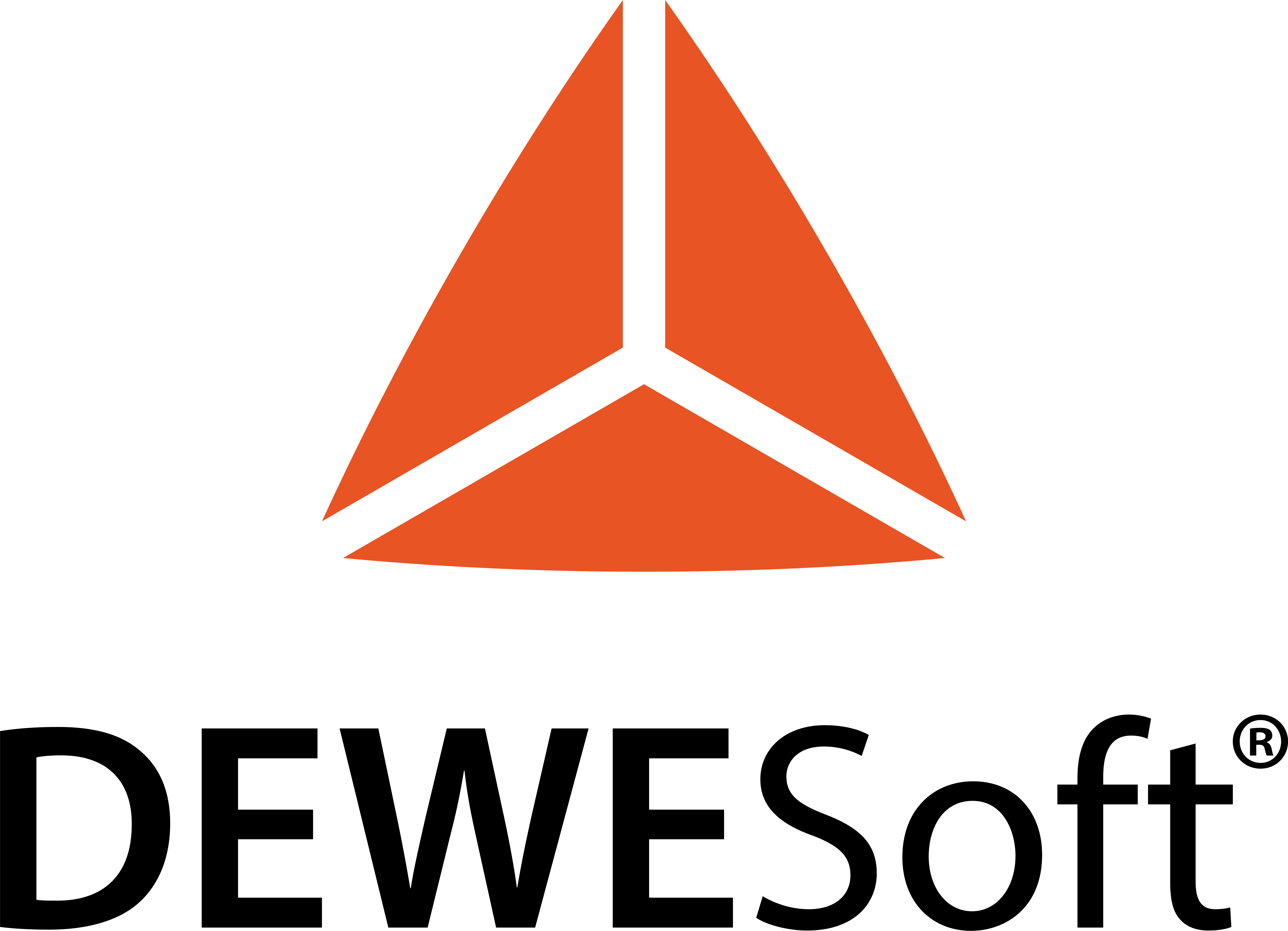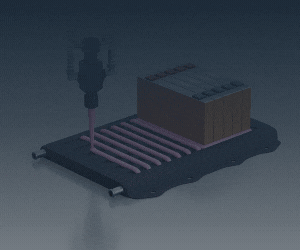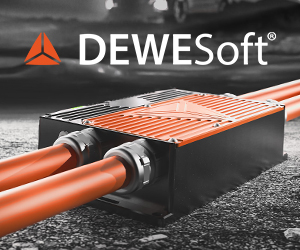Farasis Energy Europe joins structural batteries project

(Courtesy of Farasis Energy Europe)
Farasis Energy Europe (FEE) is taking part in the PEAk-Bat project, which is funded by the German government, to reduce the development effort time for future structural battery systems while increasing efficiencies and enabling faster times to market.
Structural battery packs can increase the gravimetric energy density by up to 15% and the volumetric energy density by up to 20%. They also have functions formerly provided by the vehicle chassis, such as giving stiffness and strength or absorbing crash energy.
FEE is providing analysis and evaluation of different battery systems as well as the requirements for future systems. It is also responsible for analysing the manufacturing processes of structural systems to reduce testing efforts.
A structural battery system will be developed as a demonstrator. However, the project also aims to research novel approaches for the virtual validation of battery systems to reduce the number of validation tests in the development process and to cut prototyping costs.
FEE therefore intends to establish a methodology for evaluating the need for testing when modifications are made to battery systems. On that basis, several demonstrators and test rigs of structural battery systems will be set up, test methods for cell safety will be validated and various safeguard tests will be performed.
The project started recently and is scheduled to run for 3 years. FEE’s partners include Aachen University, Ford, Trumpf, TUV Rheinland Automotive Component Testing, SCIO Technology and ACTS Advanced Car Technology Systems.
ONLINE PARTNERS






















